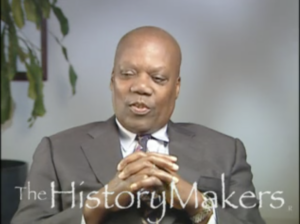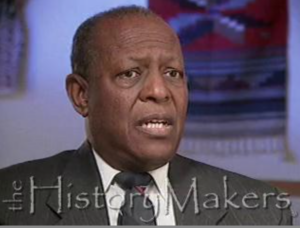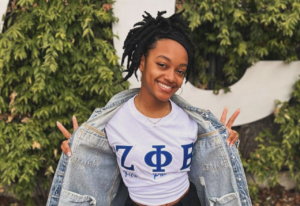 Olivia Stith is a current sophomore at Virginia Commonwealth University and is studying music with a minor in general business. She grew up in Northern Virginia, where her family still resides. Her family that she lived with growing up includes her mother, father, and younger brother Deuce. Deuce is two years younger than Olivia and also attends Virginia Commonwealth University. For the past couple of years, her grandmother has also lived with her and her parents in Northern Virginia. However, for most of the school year, excluding holidays, Olivia lives in Richmond for school.
Olivia Stith is a current sophomore at Virginia Commonwealth University and is studying music with a minor in general business. She grew up in Northern Virginia, where her family still resides. Her family that she lived with growing up includes her mother, father, and younger brother Deuce. Deuce is two years younger than Olivia and also attends Virginia Commonwealth University. For the past couple of years, her grandmother has also lived with her and her parents in Northern Virginia. However, for most of the school year, excluding holidays, Olivia lives in Richmond for school.
In this video, Olivia Stith reflects on her relationship with her younger brother and how they have navigated siblinghood as they’ve grown older. Olivia emphasizes the happiness of her childhood and the tight-knit nature of her immediate family. Furthermore, Olivia sheds light on the unique, complex dynamics of black sibling relationships and how siblinghood has influenced her life as an individual. Additionally, Olivia shares what it is like attending Virginia Commonwealth University with her brother, and how they both complement and challenge each other.
To view the full interview click

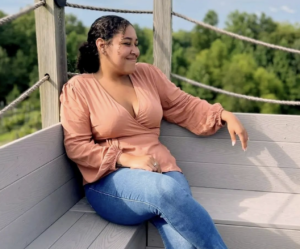 Isis Lewis is a current student at Virginia Commonwealth University and is on the pre-vet track studying biology. Isis grew up in Yorktown, Virginia, and remained there her entire life until she relocated to the Richmond area for school. Isis has two biological siblings and two step-siblings. Isis’ biological siblings are both older than her, one is her brother, and the other is her sister. Isis’ step-siblings are both younger than her and are her sisters. Isis is the middle child amongst all her siblings but is the only child in her household, as both of her older biological siblings share the same father and mother and live together.
Isis Lewis is a current student at Virginia Commonwealth University and is on the pre-vet track studying biology. Isis grew up in Yorktown, Virginia, and remained there her entire life until she relocated to the Richmond area for school. Isis has two biological siblings and two step-siblings. Isis’ biological siblings are both older than her, one is her brother, and the other is her sister. Isis’ step-siblings are both younger than her and are her sisters. Isis is the middle child amongst all her siblings but is the only child in her household, as both of her older biological siblings share the same father and mother and live together. 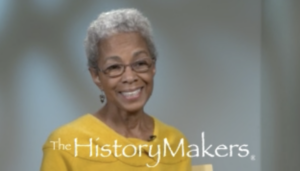
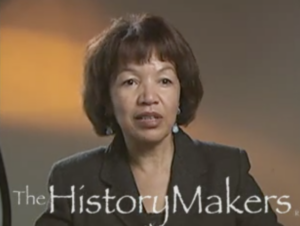 Joyce Owens Anderson is a Mixed-media artist. Joyce Owens Anderson (1947 – ) was an artist and art educator whose artwork was featured in many galleries and publications. She was curator of the Galleries Program at Chicago State University.
Joyce Owens Anderson is a Mixed-media artist. Joyce Owens Anderson (1947 – ) was an artist and art educator whose artwork was featured in many galleries and publications. She was curator of the Galleries Program at Chicago State University.